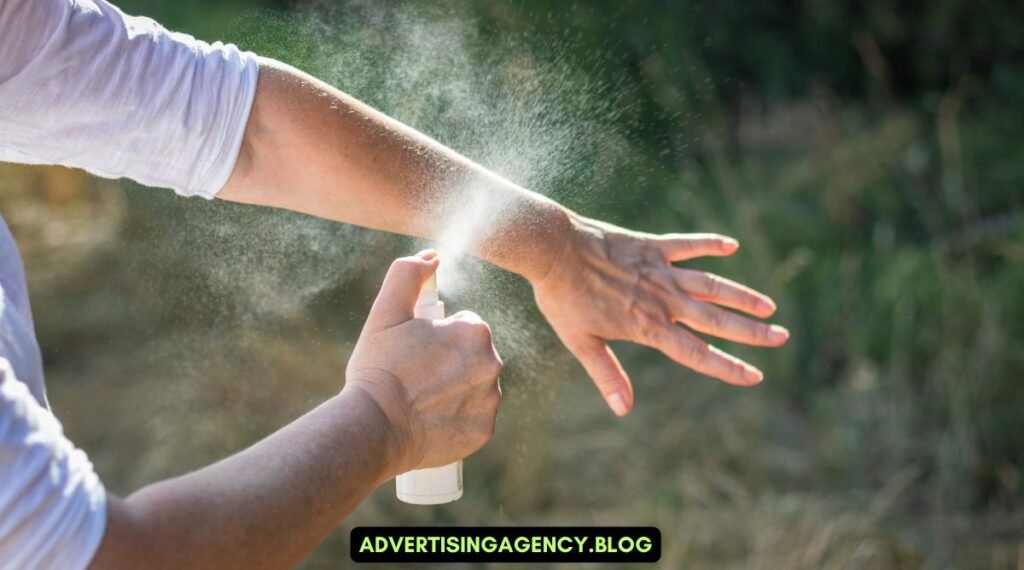These birds can be a cosmetic aspect of any landscape but can also cause damage to your garden and lawn and even possibly damage your water features when they invade your property. If you don’t know how to keep swans off of your property with chemicals, then you are certainly not alone. Large birds such as these are a common nuisance for property owners who have to keep them out of their yards. Luck has it that there are a couple of chemical methods that can work for you to get rid of the swans. Let’s now go through some practical and safe chemicals in this article to repel swans from your property.
Understanding the Problem: Why Swans are a Nuisance
Beautiful in flight, swans are very obnoxious birds in the sense that they make your property their home. Being large and heavy birds, they can damage grass, flower beds, or even the soil if they feed there for a long time. Their droppings can contaminate the water of your ponds or streams, affecting its quality. And when you own a pond or garden, you would know why keeping them at bay is a must for proper environmental maintenance.

Therefore, if you are experiencing this problem, then you might be probably thinking of how to keep swans from your property by using chemicals. The right chemicals will give a repellent barrier the swans will avoid while you are able to keep the beauty of your property.
Chemical Repellents: Overview
Other techniques for keeping swans away from a given area include the use of chemicals. This, however, has to be environmentally friendly as well as non-toxic to other wildlife. There are several chemicals which can be used to discourage swans from coming your way. These chemicals either make the area less attractive to the birds or create an unpleasant environment which makes the swans look elsewhere for alternatives.
Some of the commonly used chemical repellents include bird repellents and sprays specifically made for waterfowl. These chemicals can be found in garden centers within your locality or by ordering online and are available naturally without bringing about damage to your house or the surroundings.
Best Chemical Repellent Selection
To make a choice of the chemical that is best in terms of how to keep swans off your property with chemicals, it has to be determined on some basic criteria. Each chemical works differently and the effect will depend on the nature of your property. Some chemicals can be used in the form of bird repellent sprays meant to make the area unpleasant for swans.

These sprays are usually strongly fragrant or flavored and highly irritating to the swans. For instance, one of the sprays is a garlic-based or hot pepper spray that may repel the swans. The smell or taste of the garlic or pepper will make the birds move out of your property to seek a more appealing environment.
Choose a chemical repellent that will not harm plants and animals when applied in your yard. Select a non-toxic chemical spray because they do not damage your properties and the other wildlife in the locality.
Application of Chemical Repellents
After selecting the right chemical repellent, apply it properly to keep swans off your premises. To achieve the best results, pay close attention to the instructions on the product. Typically, apply the bird repellent to areas that swans frequent, such as lawns, gardens, and water features.
Start by spraying repellent to where the swans are most likely to accumulate. For example, if your swans feed near a pond mostly, spray the area close to the edge of the water where they live. If they are damaging your garden, spray the flowers and plants they most commonly nibble on.
Most chemical repellents should be reapplied often. Certainly, following a rain or heavy watering the chemicals would be washed off. Because different chemical repellents may last longer than others, and in some instances have to be applied more frequently, this should be recorded.
Chemicals and Other Forms
While chemicals are effective, their use is most effective when combined with other types of deterrents. For example, physical barriers in the form of netting or fences may be installed to keep swans from accessing particular areas of your estate. The inclusion of chemical deterrents will increase the chances of keeping swans off your land.

If you have a pond, and you find swans frequenting your yard, employing chemicals along with a pond net might be something you want to consider in order to keep them out. The visual barrier of the net combined with a chemical deterrent might make the environment uncomfortable for the birds, potentially decreasing the chances of them settling in your yard.
Are Chemicals Safe to Use Around Pets and Children?
Another question people ask themselves is whether the chemicals are safe for pets or children. The good news is that most modern bird repellents contain natural ingredients and are non-toxic. However, you should check the label first to ensure it’s safe for areas where children or pets might come into contact with it
If there are pets or little children in your property, you might require a chemical repellent that is animal and child friendly. These are designed especially to keep birds away without poisoning your family. Also Read: Swan Control Methods
How to Monitor the Effectiveness of Chemical Repellents
How Do I Follow Up on Its Efficiency? Apply and monitor the chemical deterrent. Monitor your property over the next couple of days to see if the swans come back. If the applied chemicals are effective, swans should start avoiding the place. However, if they still get to your property, you should reapply the chemicals or use a different one.

In certain cases, swans may grow accustomed to specific chemicals over time. Therefore, chemical repellents need to be changed frequently or in conjunction with other practices to retain their effectiveness.
Hazards and Issues Involving Chemical Deterrents
The chemical deterrents have their risks but can be effective. An example is that some chemicals cause unwanted effects on the environment, such as overuse. Chemicals washed into water features will affect the health of aquatic plants and animals. Use only the recommended amounts and avoid over-applications.
Chemicals are not the final solution to your swan problem, as swans will often return to your property in the long run. This is more pronounced when there are some food sources available on your property. It means that chemical deterrents should be part of a comprehensive approach that includes habitat management and physical barriers.
Frequently Asked Questions
Q: How can I prevent swans from entering my property without using chemicals?
You can use physical barriers such as fences or nets. Again, you can use decoys, loud noises, or motion-activated devices to scare them off.
Q: Are chemical bird repellents non-toxic to all animals?
A: Most chemical repellents are non-toxic to plants and other wildlife if applied correctly. Just check the label for safety information, especially around pets and children.
Q: How long does a chemical repellent last?
A: That depends on the formulation of the product and if it’s a sunny or rainy day. Repellents can last for weeks in some products while needing to be reapplied in a few days or even daily in others.
Q: Will chemicals also keep other wildlife from my property?
A: Yes, many chemical repellents work on a variety of animals. Be sure to pick one that is labeled for the type of wildlife you want to deter.
Conclusion
Finally, to deter swans using chemicals, consider these effective chemical repellents: Use specific repellents that prevent them from roosting and foraging on your property. Achieve success by applying the right product, using it correctly, and combining it with other deterrent methods.
Share this content:

Pingback: How to Elevate Your Look with Webfreen.com Fashion - advertisingagency.blog
Pingback: MyWebInsurance.com Renters Insurance: Protect What Matters - advertisingagency.blog